
Blog

Here is a quote, and I would like to see if you can identify where it comes from, who the author is.
“I can’t stand your religious meetings. I’m fed up with your conferences and conventions. I want nothing to do with your religious projects, your pretentious slogans and goals. I’m sick of your fund-raising schemes, your public relations and image making. I’ve had all I can take of your noisy ego-music. When was the …

If you’re my age or older, you might remember some of the detective shows that were popular on T.V. back in the 1970s. They included Barnaby Jones, Mannix, The Rockford Files, Hawaii Five-O, Cannon, and the list goes on. I particularly got a kick out of Cannon, because he was too fat to chase down criminals on foot, so he would run them over with his big 8-cylinder Lincoln Continental. Every crook Cannon brought to the police station had …

As you may know, the little slice of the Scriptures on any given Sunday is only that, a slice. The mistake we often make in reading these Bible stories, or just in life in general, is to think we have the whole pie when we only have a slice of the pie. Even Jesus makes the mistake with this Canaanite women. She has to remind him that initially he only has a piece of the puzzle and not the …
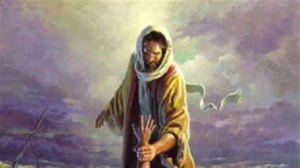
As you know, there are many forms of prayer; one is not any better than another. Public, communal prayer is called liturgy, while private prayer is called devotional prayer. We need both. Different forms of prayer spontaneously emerge in us depending on the circumstance we find ourselves in. When you stand before something absolutely wonderful, and you know you didn’t create it, a “prayer of praise” is never too far from your lips. Looking into a baby’s eyes always …

The story of Jesus’ transfiguration is a wonderful gospel story. It has just so much depth to it, so much symbolism. It speaks to me differently at different stages of my life. All Scripture stories are supposed to work that way, and this one certainly does.
I had the privilege of being on this mountain a few years ago. Peter, as you heard from the story, wanted to make three dwellings, to pitch three tents, in …
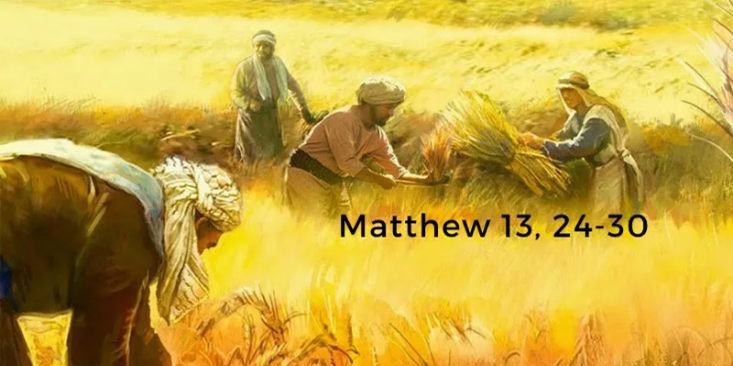
There are, as always, a number of ways of approaching the readings we hear during liturgy. One helpful idea as we try to tease out some meaning from today’s readings is to make the distinction between the Kingdom of God, on the one hand, and the Kingdom of Heaven on the other. Usually we mash them together thinking one means exactly the same as the other. Not so. In its simplest form, the Kingdom of God is the present; …
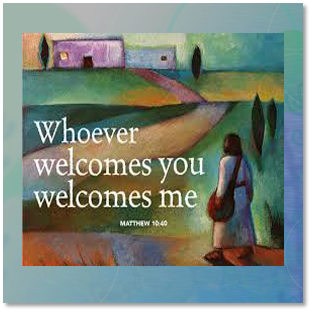
Like I mentioned last weekend, in Matthew’s gospel, there is the famous Sermon on the Mount, that is followed up with a lesser-known sermon called the Missioning Sermon. Last week and this week’s gospel are about the Missioning Sermon, how Jesus is sending his followers out into the world to proclaim that the Kingdom of God is breaking into the world here and now. Jesus isn’t trying to hone skills within his disciples before unleashing them on the world. …
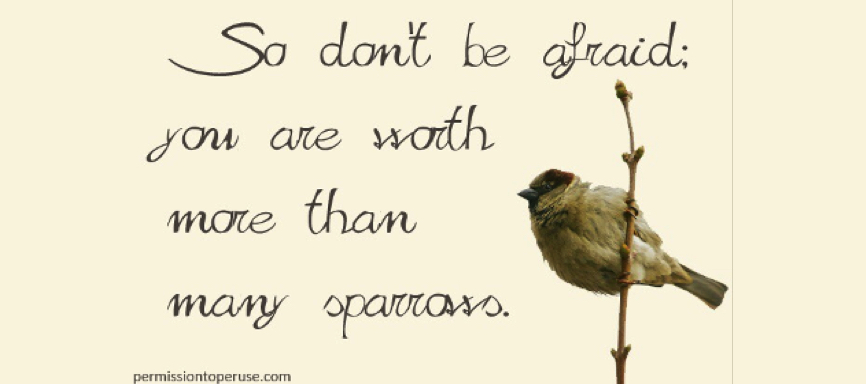
It’s a pretty safe statement for me to say that every one of us has experienced doubts, discouragement, and fears. I hope every one of you has also had moments of hope and people on your life journey who have spoken words of encouragement to you. The Scripture readings we are given today are so realistic, echoing both discouragement and encouragement. If you spent just a little bit of time with the Prophet Jeremiah, our first reading, or with …
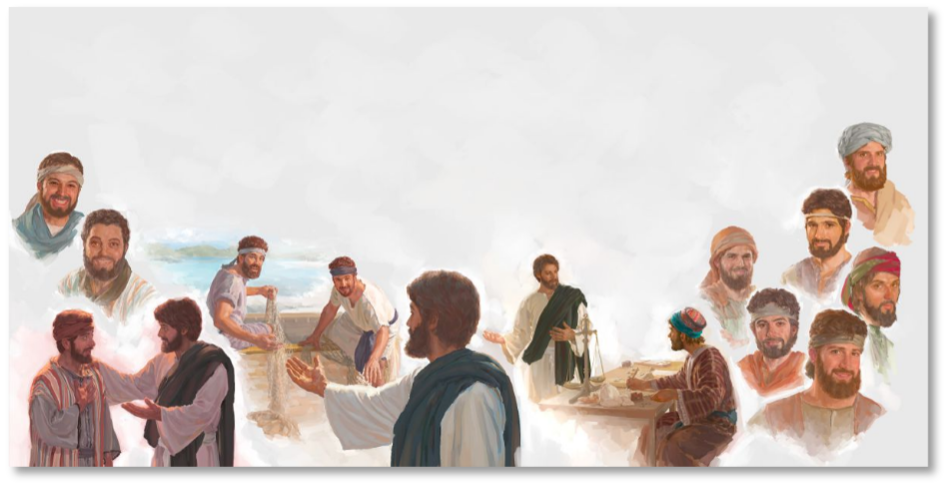
Sometimes when I read gospel stories, especially stories that are so familiar, my mind automatically jumps ahead and says, “I know where this story is going.” Jumping to the conclusion is not a good way of entering into any scripture story. The revelation that the story is trying to enlighten our minds with is not the same thing as walking the path of the revelation. Anybody can say, “Jesus is Lord.” I believe that’s true, but it won’t get …
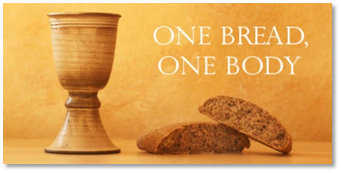
There are at least two, if not three, acts of faith we are called to make every time we share in the Eucharist. The first act of faith is to believe that these simple, unassuming materials of bread and wine have become the Body and Blood of Christ. This first act of faith leads to the second act of faith which asks us to believe, that in receiving the Body and Blood of Christ, we are to become Christ’s …